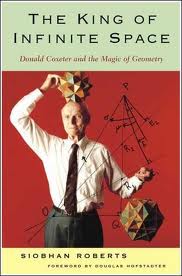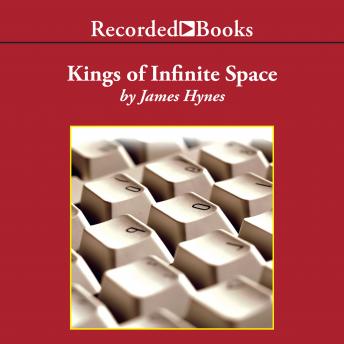

Hynes, as in his previous novellas collected as Publish and Perish, his campus over-the-top satire The Lecturer’s Tale, loves to deflate academic pretensions.

This rant, which I enjoyed (I confess being one year younger than the protagonist and of similar temperament), nonetheless gets repeated over hundreds of pages, if against other deserving targets. They had no chance as “gentle vegans and pacifists who thought they could wear down corporate hegemony like water on a rock find instead that corporate hegemony has opened wide and is eating them alive, and they get to watch their own death, kicking and screaming like Robert Shaw in Jaws.”

He feels hemmed in by the barrage of commodification.įollowing his muse of the morning into Gaia Market (= Whole Foods), he grouses to himself - his modus operandi - about “this national, centralized, corporate simulacrum of everything co-opers held dear.” Their owners, “the brainy Chomsky readers,” knew what was coming.

Like “Pringles in a Pringles can,” Quinn feels as the plane touches down. Low, or middlebrow culture, seems to be winning, here. Like many readers of PopMatters, I suspect, Quinn’s at home with both high and low culture. Hynes peppers references to Shakespeare, Kafka, and Greek myth, but these add up to few compared to references of Tolkien, Battlestar Galactica, and South Park. In his liberated trek, if only for a few hours before his interview, he leaps by memory back into his past. He finds himself drawn to pursue the young Asian American woman who sat next to him on the flight, as she now threads her way through Austin’s streets. Quinn hops a plane for a job interview, in and out the same day, desperate to leave Michigan and his girlfriend. Michigan-born James Hynes, now living in Austin, conveys - through this 50-year-old editor working on campus at Ann Arbor - a placid, romantic, intellectual time-server who’s confronted by this glaring, bustling, hot, strange boomtown. For he wanders –similar to another part-Irish fictional walker in another city a century before on another day in the middle of June - lured by the wonder and hubbub of what he sees. Some circumstances he’s planned for, most he hasn’t. How he responds to that sensation depends on where in Austin, Texas, circumstances place him. Kevin Quinn will experience, three times in the single day that this novel takes place, the sensation, “as the ground rushes up to meet him”.


 0 kommentar(er)
0 kommentar(er)
